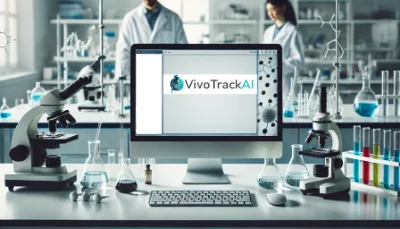These studies are an essential tool for scientists to understand biological processes and to develop new treatments for diseases. In this blog post, we will discuss the benefits of in-vivo studies and why they are necessary for scientific research.
Better understanding of biological processes
In-vivo studies provide researchers with a unique opportunity to observe biological processes in living organisms. These studies can help researchers to understand how a particular treatment or intervention affects the body and how different biological systems interact with one another. For example, animal studies have been used to better understand the immune system, cardiovascular system, and nervous system.Screening potential treatments
In-vivo studies are also important for screening potential treatments before they are tested on humans. Animal models are often used to test the safety and efficacy of new drugs or therapies. This is because animal models share many similarities with humans in terms of biology and physiology. By testing treatments in animals first, researchers can determine whether a treatment is safe and effective before moving on to human clinical trials.Controlled environment
In-vivo studies allow researchers to control the environment in which experiments are conducted. This means that researchers can carefully control variables such as temperature, humidity, and lighting, which can affect the outcome of experiments. By controlling these variables, researchers can ensure that the results of their experiments are reliable and accurate.Ethical considerations
In-vivo studies are often preferred over in-vitro (test tube) studies for ethical reasons. In-vitro studies often involve using cells or tissues from animals or humans, which can be obtained through invasive procedures. In-vivo studies, on the other hand, involve using whole animals, which can be treated more humanely. In addition, animal studies are subject to strict ethical guidelines, which ensure that animals are treated with care and respect.Translatability to human health
Finally, in-vivo studies are important because they can help to translate basic science findings to human health. Many treatments and interventions that are developed in animals can be translated to humans. For example, many cancer treatments were initially developed in animals before being tested in humans. Animal studies can provide important information about the safety and efficacy of treatments, which can then be used to develop therapies that can benefit human health.In conclusion, in-vivo studies are an essential tool for scientific research. They allow researchers to better understand biological processes, screen potential treatments, control the experimental environment, and address ethical considerations. In-vivo studies also provide important information about the safety and efficacy of treatments, which can then be used to develop therapies that can benefit human health.VivoTrack was designed to aid the laboratory in this important work. Tools are included to organize and automate the in-vivo testing process.
VivoTrack – Reproducible, secure, and documented results.




